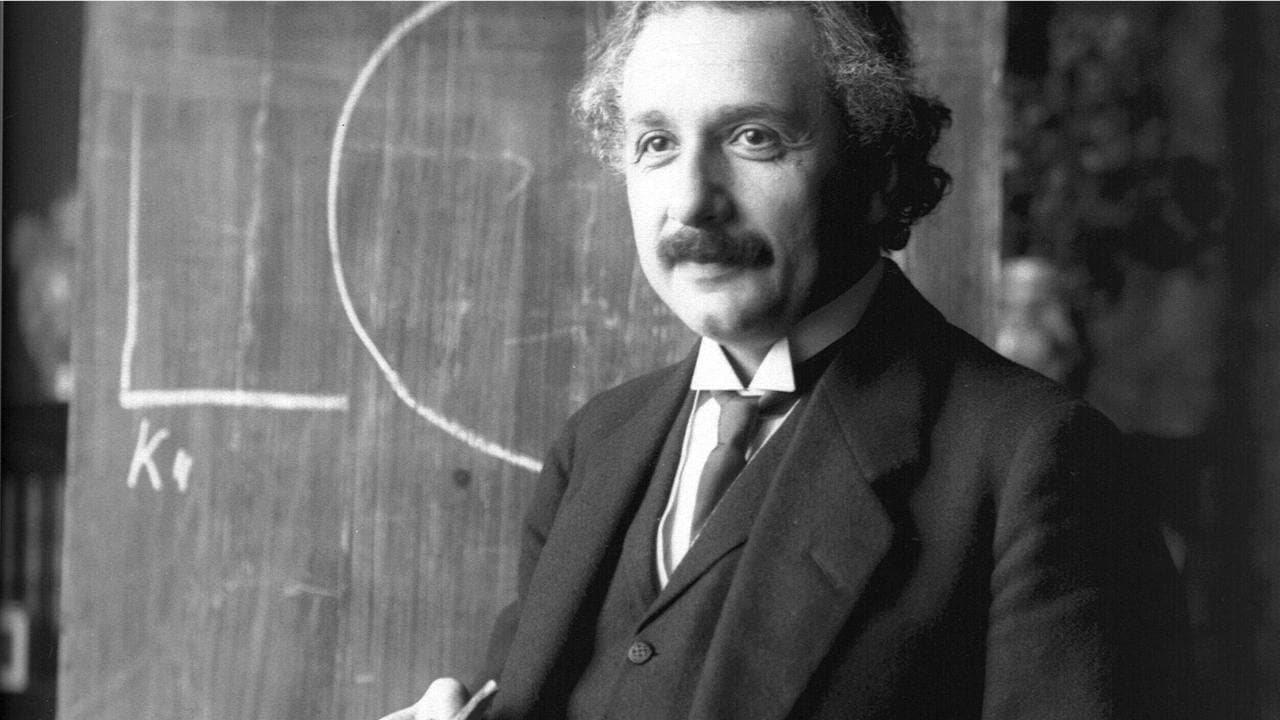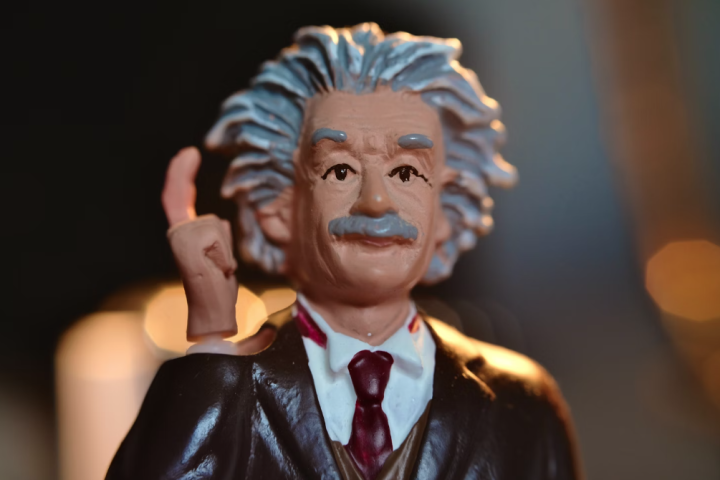Physicists are constantly trying to prove Albert Einstein wrong, and they often fail. Even when scientists try to disprove his ideas, Einstein always wins. But this does not mean that he was never wrong. He was human like all of us and he made mistakes.
But the good thing is that Einstein was never afraid of making mistakes and admitting them. After finding the errors of calculation or thought that he could recognize, he continued to work on new methods to solve them. As he himself said, “If you have difficulty in mathematics, don’t mind. I assure you that I still struggle.” His words reflect his humility. Einstein admitted that he made many mathematical and theoretical mistakes, especially while developing the general theory of relativity. But even Einstein’s mistakes are instructive. Here are a few of them.
- French President Macron hopes ‘nuclear deal’ will be revived soon
- UK supermarkets are discarding food item expiration dates
Some of Einstein’s Mistakes
1) Cosmological constant
When we consider Einstein, the biggest mistake he made in his life was to define the cosmological constant. When Einstein applied his general theory of relativity to the universe in 1916, he realized that his equations showed that the universe was not static, but rather that it was either expanding or contracting. This finding was in stark contrast to earlier ideas that had argued for the immutability of the Universe.
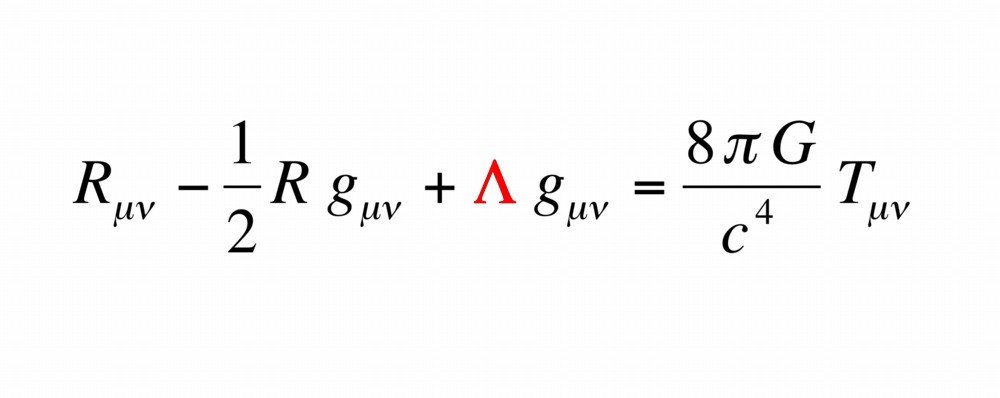
Although Einstein had challenged stereotypes many times before, this time he could not convince himself of the result of his work. In any case, he felt that he had to find something that preserved the concept of a fixed universe. So Einstein added a new term to his equations, which he called the cosmological constant. As a result, he thought of adjusting the expansion or contraction of the universe with time. The universe was now unstable but constant. But this was, of course, the most important Einstein error known.
In 1922, mathematician Alexander Friedmann proved that Einstein’s equations still showed the universe expanding or contracting, despite the cosmological constant in them. Einstein was initially skeptical of this result. But after examining the existing work, he accepted that it was correct. In 1929, Edwin Hubble proved that the universe was expanding. “Then get rid of the cosmological constant,” Einstein exclaimed in 1931. He considered this his biggest mistake. But astrophysicists started using the cosmological constant again in the following years, along with concepts such as dark matter and dark energy. So the cosmological constant reappears in 21st century explanations of the universe.
2) Gravitational Waves
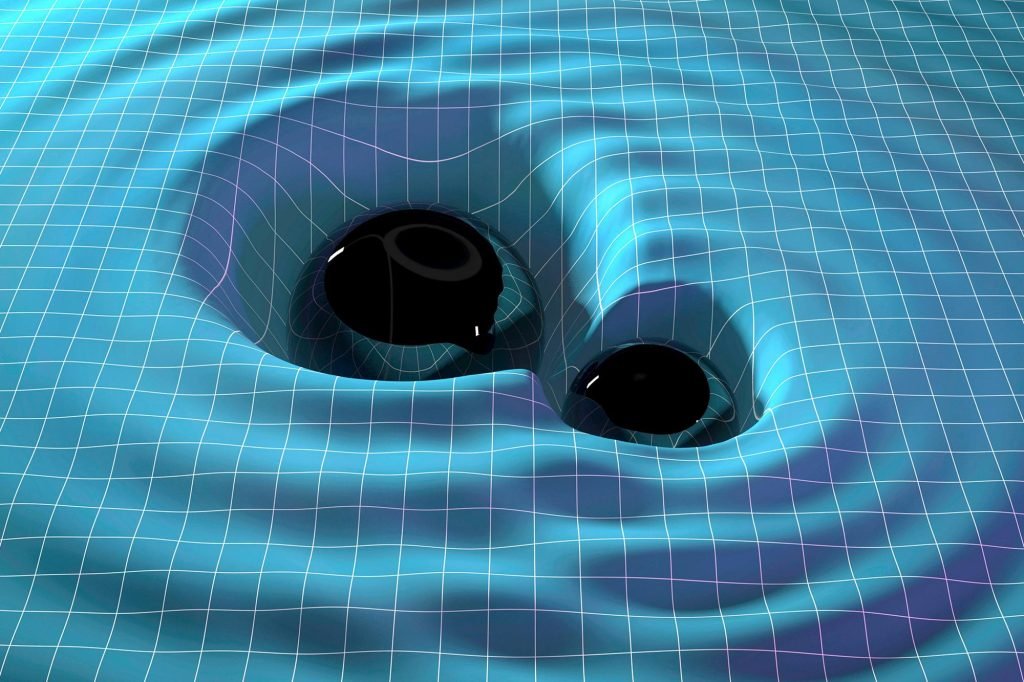
In recent years, scientists have announced that they have directly detected gravitational waves. This was a major confirmation of Einstein’s work, who predicted their existence almost exactly 100 years ago. However, for a while Einstein himself doubted that they really existed. The fluctuations in space-time seemed a bit too exaggerated for Einstein. Moreover, when he tried to write a mathematical formula to explain how gravitational waves work, he failed.
So Einstein rejected gravitational waves (even though his own theory predicted their existence!). He almost published a paper about this big mistake. Fortunately, another scientist realized his mistake before the paper went to press. Einstein was able to correct the formula for gravitational waves and published the corrected version that suggested they existed. Of course, now that we see them, we know they are real.
3) The Problem with Black Holes
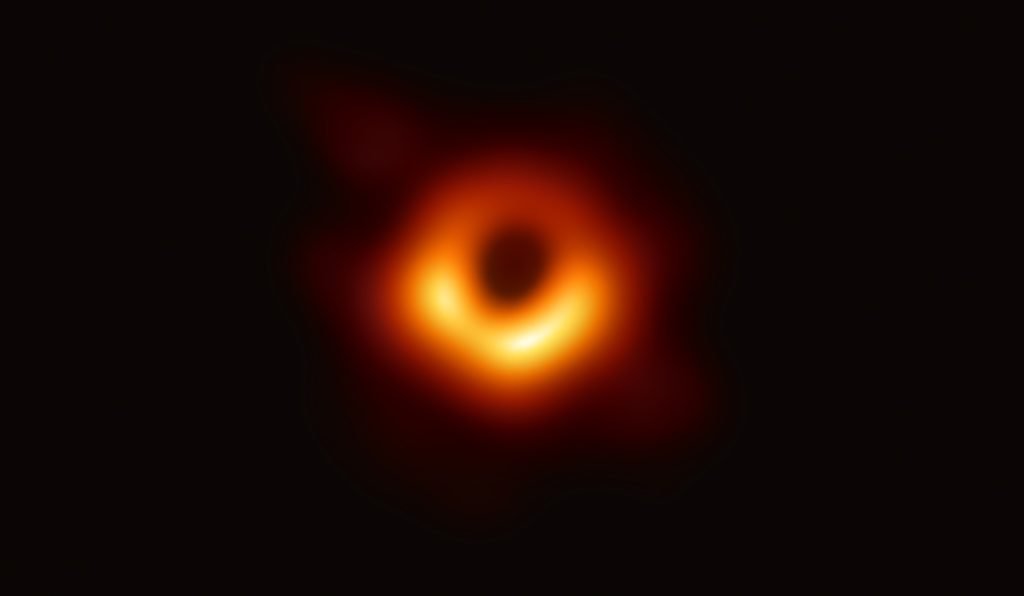
Today, we have abundant evidence that black holes not only exist, but that some of them reach millions of times the mass of the sun, including some at the center of the Milky Way. But Einstein had a problem with black holes. Although his theories predicted their existence, he couldn’t make sense of them. But unlike gravitational waves, he never changed his mind. After all, the existing laws of physics did not work around singularities at the center of black holes. “Of course, there is no hope of observing this phenomenon directly,” he wrote in one of his papers. But he was wrong.
4) Reject Quantum Mechanics
Many of Einstein’s insights into the universe were the result of brilliantly thought-out experiments. He had the ability to generate big ideas and follow them through. Yet one of the pioneers of quantum physics, the unpredictable science of the smallest particles, never entertained the idea that the universe was fundamentally random. Einstein had great doubts about quantum mechanics. But we know today that quantum mechanics is real. So Einstein’s failure to accept the theory can be considered another of his biggest mistakes. Ironically, the research that won him the Nobel Prize in 1921 (the photoelectric effect) was hugely influential in the development of quantum mechanics.
5) Problems with Unified Field Theory

Perhaps Einstein’s biggest mistake was that he was a prisoner of his achievements. After Einstein’s success in explaining gravity in terms of the geometry of space-time, he tried to include gravity in his “Unified Field Theory” based on geometric principles. For centuries, researchers have tried to describe all the fundamental forces of nature and how they interact within a single theory. This theory, called the unified field theory, frustrated the efforts of Albert Einstein, who worked on it for years. Einstein’s first paper on the theory was published in 1922. Einstein then tried to put forward a theory that combined the metric tensor, which measures the curvature of space and time. In the last thirty years of his life, Einstein continued to work on both methods, but without success.
Despite all these mistakes, Einstein is still recognized as one of the most influential scientists of all time. After all, you cannot revolutionize a field without making a few mistakes along the way.

